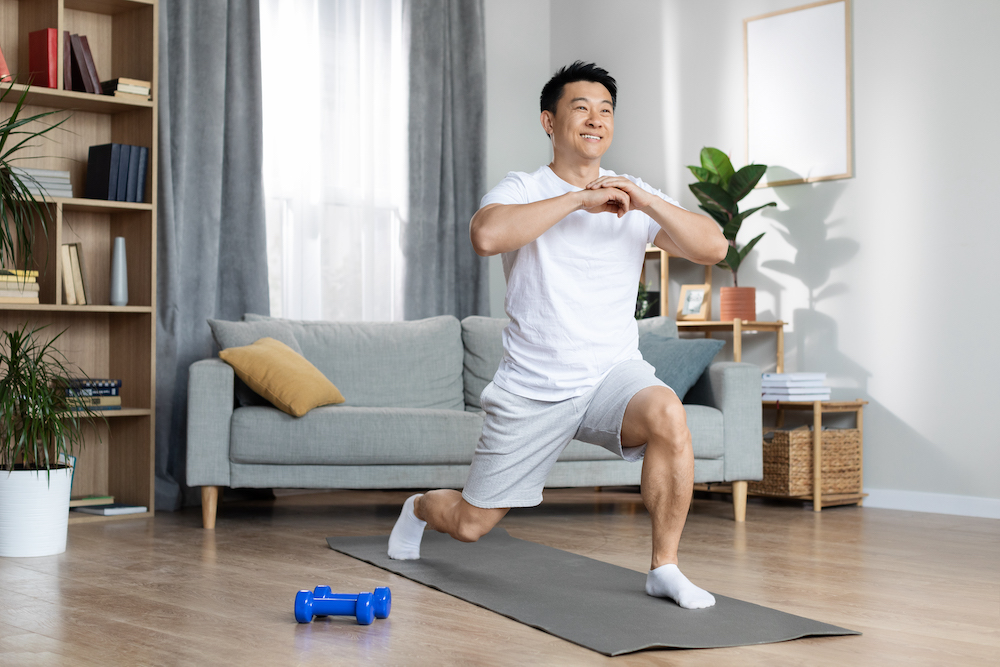How long does it take to build your fitness?

Are you starting to exercise or recently been hitting the gym? You might be wondering how long it takes to see results. Don’t worry; you can build your fitness relatively quickly. Below we answer, how long does it take, and what should you do?
Building fitness
The fitness of your heart, muscles, and lungs can improve rapidly. Try to train 2 to 3 times a week. Make sure your heart rate increases, but still maintain the ability to carry on a conversation. If you find it challenging, take it a bit easier. Training for 20 minutes three times a week is more efficient than training for one hour in a single session.
It’s also important to engage in daily physical activity. By combining training with at least 30 minutes of movement daily, you will notice significant improvements in your fitness.
Fatigue
Do you find yourself feeling exhausted long after your workout? It’s normal to feel tired after exertion, but this fatigue should subside after an hour or an hour and a half. If it persists, take a step back, and don’t push yourself too hard. Shorten your training sessions or reduce your pace. Ensure that you can maintain a conversation during a workout. This way, you can be certain you’re keeping a comfortable pace.
Types of training
Sports like swimming, running, and walking are good options. Consider inline skating or mountain biking if you prefer to try something different or add more variety. A skipping rope is also a great option that you can do anywhere.
Benefits of good fitness
Having good fitness has more benefits than just feeling fit. Namely:
- Faster recovery after exertion
- Improved immune system
- Reduced risk of cardiovascular disease
- Increased cardiovascular fitness, improving your ability to cope with stress
Tips
Training and exercise are essential to improving your fitness, but you can do more! Here are some additional tips to maximise your progress:
Warm-up/cool-down
It helps your muscles recover better and prevents injuries.
Consistency
Make sure you exercise regularly. If you take a two-week break, your fitness level will decline significantly.
Schedule it
If you struggle with consistency, consciously schedule your workouts. By putting it in your diary, you won’t forget it, and you’ll have an extra incentive to follow through.
Take a walk during breaks
Try going for a walk during your breaks. It’s also a good option to walk instead of taking the bus if the distance is manageable.
Bike to work
You can easily get more physical activity by leaving the car behind more often. Sometimes, biking can be faster, especially if you live in the city.


